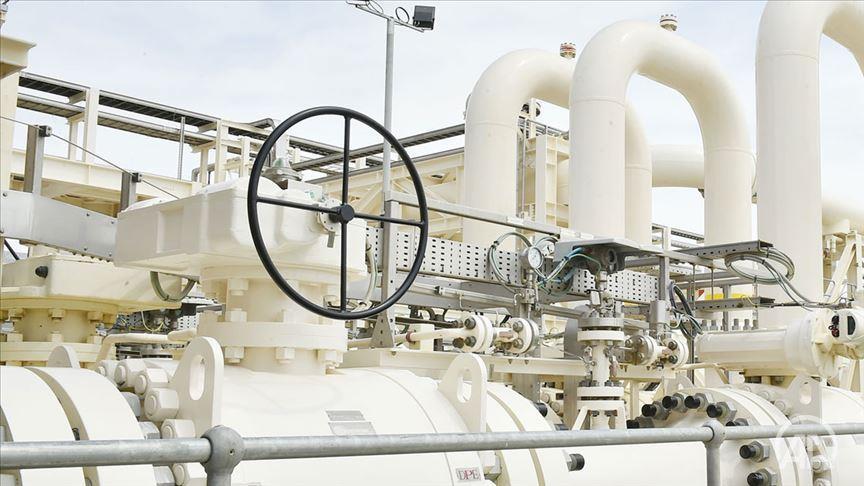The European Union (EU) needs to take stronger action to improve energy efficiency, deploy renewables, install heat pumps, promote energy savings and increase gas supplies in the face of a shortfall of almost 30 billion cubic meters of natural gas in 2023, the International Energy Agency said in a report released Monday.
‘These measures would cost €100 billion to implement but this amount will be paid back in two years in terms of saving natural gas bills,’ IEA Executive Director Fatih Birol said.
The IEA’s report, How to Avoid Gas Shortages in the European Union in 2023, was launched at a news conference by Birol alongside European Commission President Ursula von der Leyen in Brussels, ahead of the Extraordinary Meeting of EU Energy Ministers on Dec. 13 and the meeting of the European Council on Dec. 15.
The report sets out a suite of practical actions that Europe can take to build on the progress that has already been made in 2022 in reducing reliance on Russian gas supplies and filling gas storage ahead of this winter.
Europe imported 140 billion cubic meters of natural gas from Russia in 2021 and this dropped to about 60 billion cubic meters in 2022 as a result of Europe’s efforts to reduce reliance on Russian gas.
The IEA warns that 2023 could be an even more difficult test for Europe because Russian supplies could fall further, global supplies of liquefied natural gas (LNG) will be tight, particularly if Chinese demand for LNG recovers, and the unseasonably mild temperatures seen at the start of the European winter are not guaranteed to last.
Von der Leyen commented that the ‘EU has managed to withstand Russia’s energy blackmail’ through the EU’s REPowerEU plan to reduce demand for Russian gas by two-thirds before the end of the year through mobilizing up to €300 billion of investments.
‘The result of all this is that we are safe for this winter,’ she said.
The report warns, despite all the progress, that the EU’s potential gas supply-demand gap could reach 30 billion cubic meters in 2023 in a scenario in which gas deliveries from Russia drop to zero and China’s LNG imports rebound to 2021 levels.
‘Without the progress, this shortage would be about 60 billion cubic meters,’ Birol said.
Von der Leyen said the EU is focusing on preparations for 2023 and next winter by stepping up its efforts in several fields, from international outreach to joint purchasing of gas to scaling up and speeding up renewables and reducing demand.
During the news conference, Birol warned that the EU is not out of the danger zone yet despite the progress it has made on reducing reliance on Russian natural gas deliveries.
‘Many of the circumstances that allowed EU countries to fill their storage sites ahead of this winter may well not be repeated in 2023. The IEA’s new analysis shows that a stronger push on energy efficiency, renewables, heat pumps and simple energy saving actions is vital to head off the risk of shortages and further vicious price spikes next year,’ he said.
In the report, the agency called for expanding existing programs and increasing support measures for home renovations and the adoption of efficient appliances and lighting, as well as simplifying procedures to speed up permitting for renewables.

